OneTick
OneTick aims to enhance our understanding and management of tick-borne diseases in urban and peri-urban environments by integrating ecological, biomedical, and public health perspectives. We will address the interconnected health of humans, animals, and the environment by employing a One Health approach.
More information you can find also on CORDIS website
Institutes
This project brings together experts from various institutes to achieve the best possible outcome. The following institutes are part of the collaboration. More information about each institute and their team leaders can be found here.
Click on an institution’s logo to visit its website.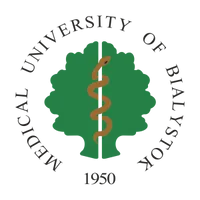

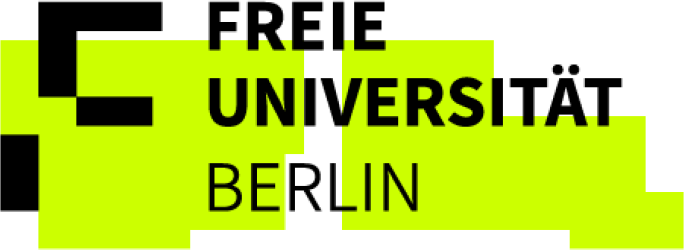


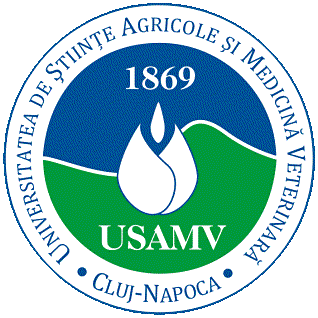



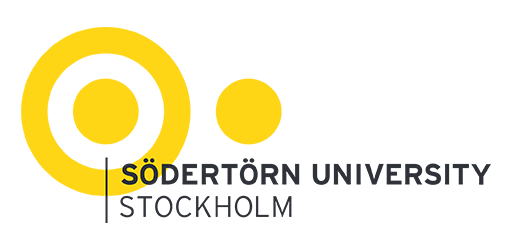
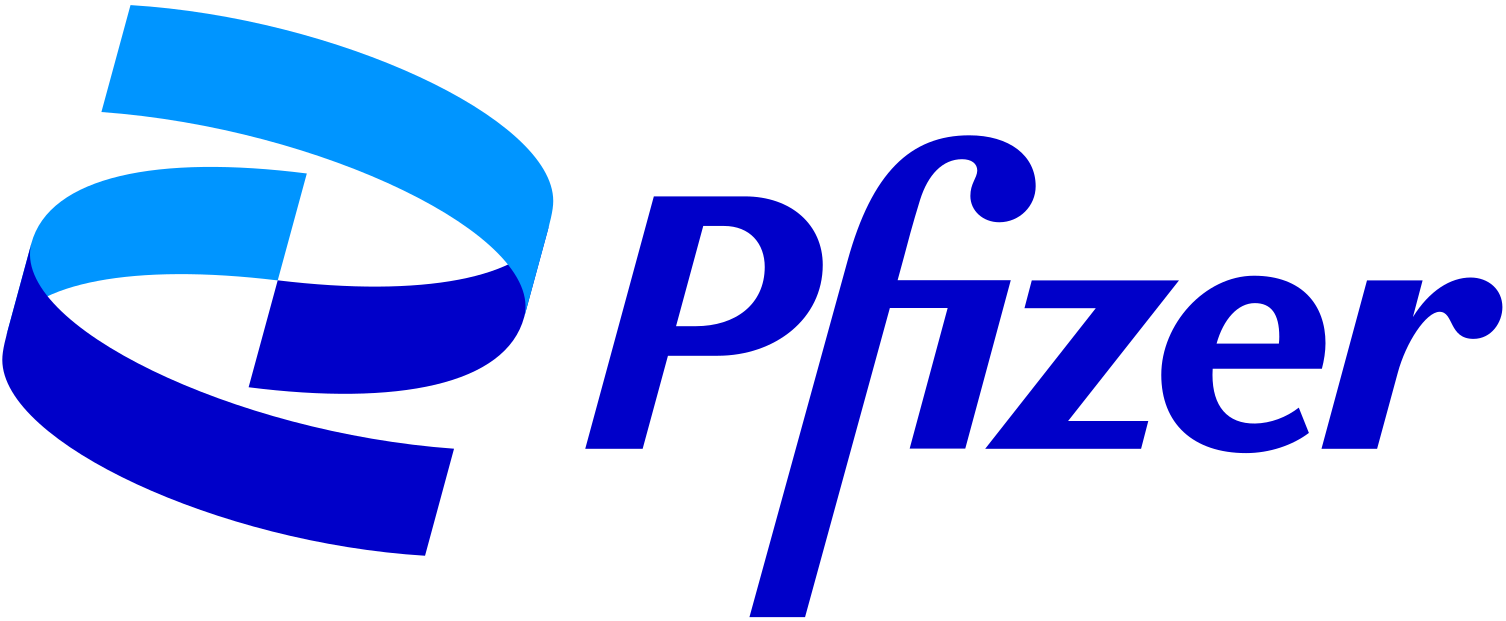
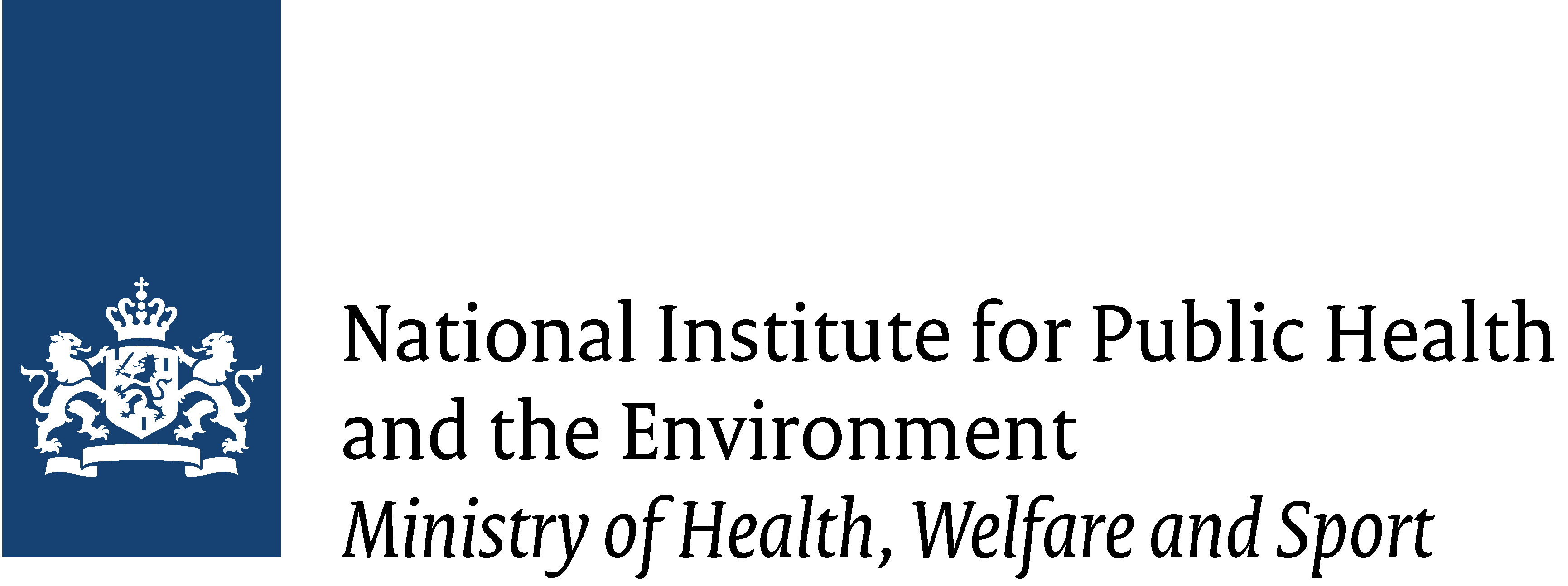
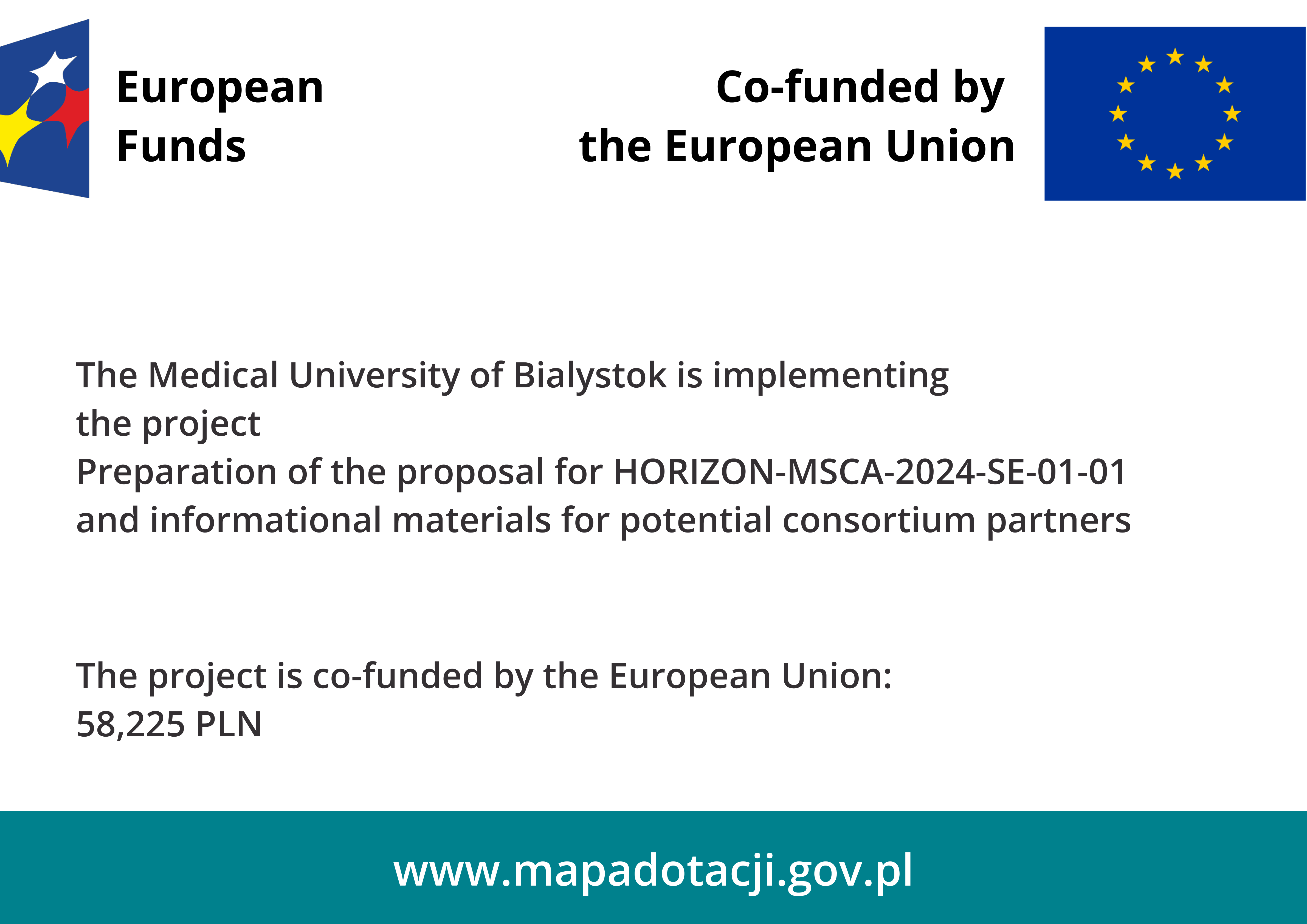
Michał Burdukiewicz, Jarosław Chilimoniuk, and Anna Moniuszko-Malinowska receive funding in the PARP Eurogrant Competition
A project led by Dr. Michał Burdukiewicz and Dr. Jarosław Chilimoniuk from the Bioinformatics and Multi-Omics Analysis Laboratory at the Clinical Research Centre, along with Professor Anna Moniuszko-Malinowska from the Department of Infectious Diseases and Neuroinfections at the Medical University of Białystok (MUB), has been selected for funding by the Polish Agency for Enterprise Development (PARP) under the FENG 02.12 “Eurogrant Grants - Call for Research Projects.”
This funding supports projects with high innovative and research potential.
The aim of this initiative by PARP is to enhance the innovation and international presence of Polish research organizations by increasing their involvement in EU programs managed centrally, particularly Horizon Europe.
The project titled OneTick, submitted by Michał Burdukiewicz, Anna Moniuszko-Malinowska, and Jarosław Chilimoniuk under the Marie Skłodowska-Curie Actions Staff Exchanges programme, seeks to establish a consortium focused on developing new diagnostic methods for tick-borne diseases. The innovation of the project lies in its adoption of the One Health approach, which integrates human, animal, and environmental health.
The funding awarded will help the team prepare their proposal for the Marie Skłodowska- Curie Actions Staff Exchanges programme and create informational materials for potential consortium partners. This will significantly increase their opportunities for international research collaboration.
The project is administratively supported by the Development and Evaluation Department at MUB.